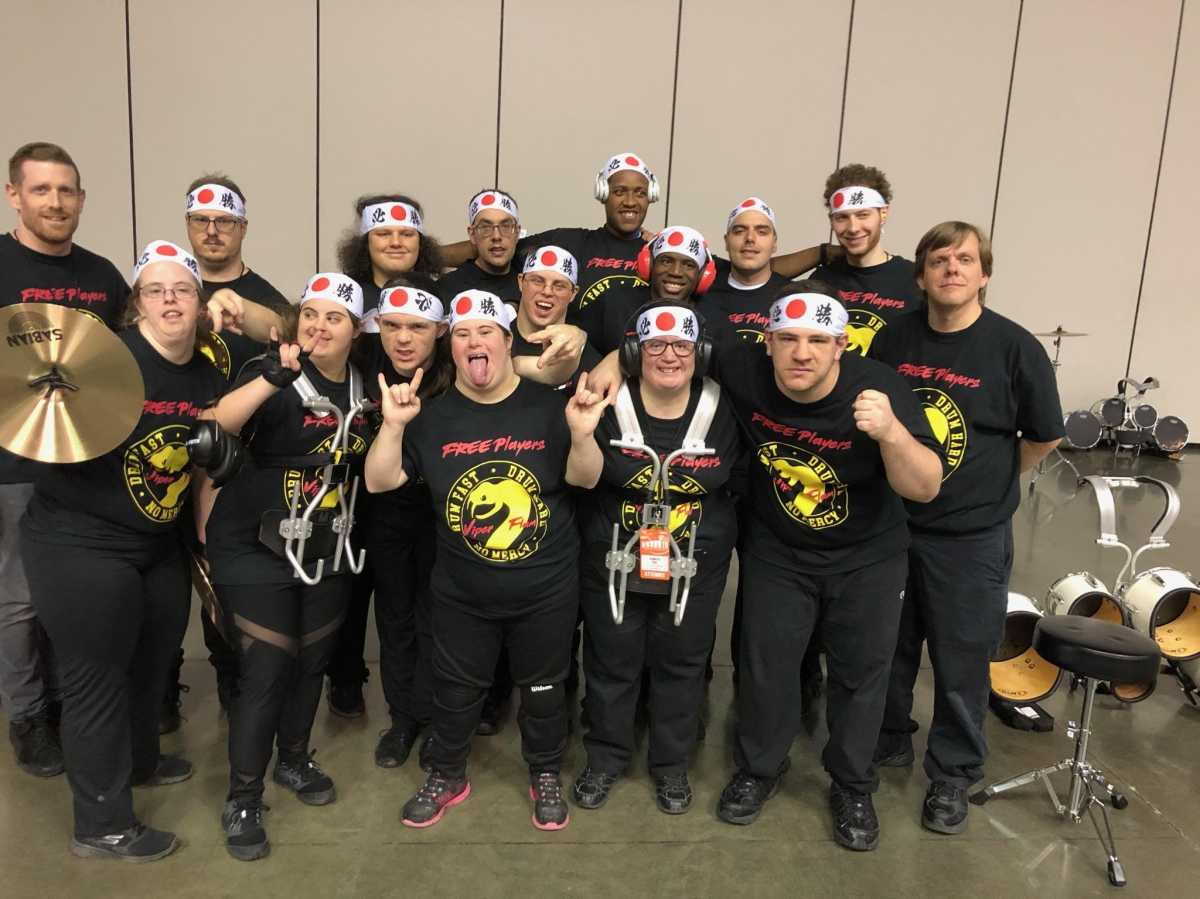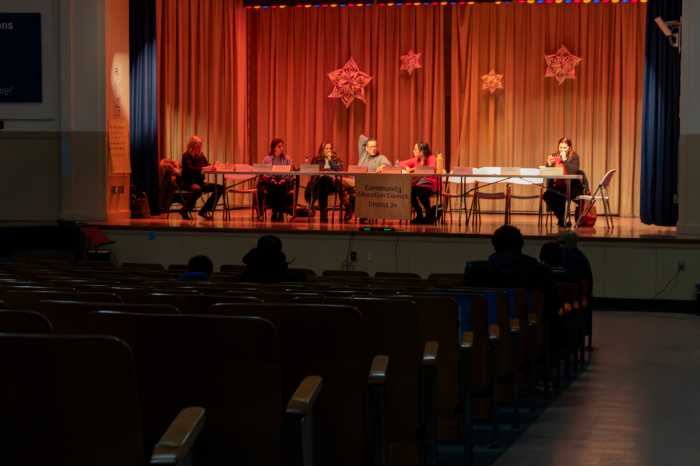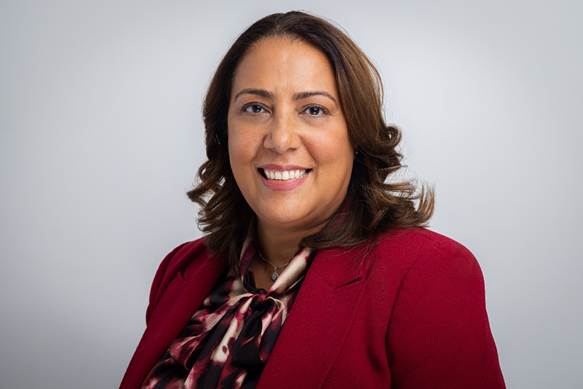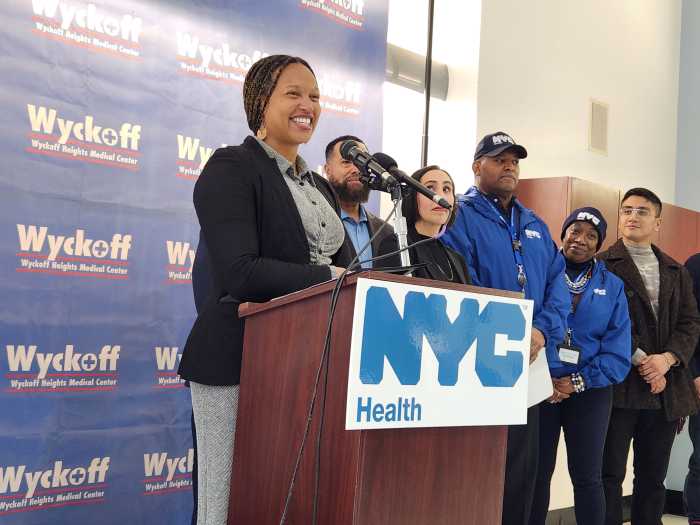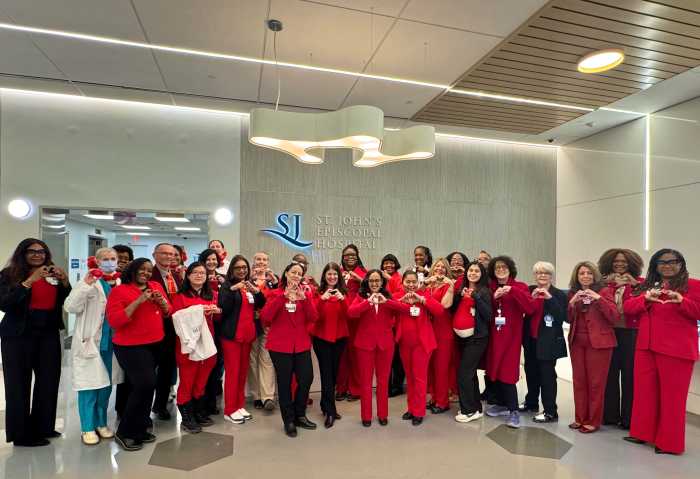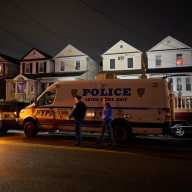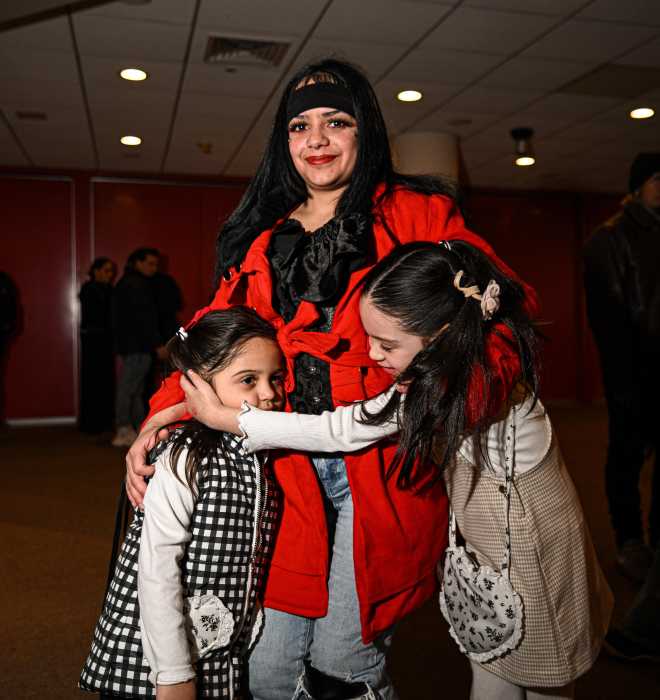Chris Mitchell was working his second-ever shift as a direct support provider in a house for individuals with intellectual and developmental disabilities in Northport, Long Island, when he heard the news — a member of the house tested positive for COVID-19.
Family Residences and Essential Enterprises (FREE), the nonprofit that operates the home, sent out a call for volunteers to quarantine with the individuals they serve. Mitchell stepped up to the plate.
“I felt like it put myself and everybody else in the best position possible if I just stayed at the house,” Mitchell said. “So I was like, ‘Alright, this is a no brainer, I’m going to stay here.”
For seven days, Mitchell and a co-worker lived with four men, all of whom have intellectual or developmental disabilities, caring for them and providing them assistance day and night.
Mitchell has been working as a direct support provider for nearly 20 years and he’s been working for FREE for nearly a decade. As a direct support provider, Mitchell works with individuals who have physical, intellectual or developmental disabilities, aiding and assisting them through the most basic needs to the more specific needs, like assisting with educational opportunities.
As a profession, direct support providers don’t get the attention other medical providers may get, according to Mitchell and FREE’s CEO Robert Budd.
“If we’re doing our jobs really well, we blend into the community,” said Budd, who’s been with FREE for 35 years. “If we do it well, people aren’t going to realize that we have an equal number of heroes in our field that need to be acknowledged.”
To show their appreciation, FREE, which has over 150 locations throughout Queens and Long Island, doubled the pay for Mitchell and all other direct support providers who quarantined with the individuals they serve.
Prior to the quarantine, Mitchell wasn’t working full time in a residential setting. Instead, he was working as the assistant director of the FREE Players Drum and Bugle Corps, a drum corps made up of individuals with intellectual and developmental disabilities.
“Here’s someone who wasn’t part of our residential services and said, ‘You know, I know the guys, I love the guys and I’m happy to volunteer,’ which is so inspiring,” Budd said. “I was just moved by that.”
When it was announced that Mitchell would be quarantining in the house, he said he was welcomed with open arms. For seven days, Mitchell and his co-worker – with whom he says he developed a deep friendship – cooked meals, cleaned and disinfected the house, helped those he served shower, administered their medication and kept them busy and engaged, among a handful of other tasks.
“I really started developing a bond with the individuals I serve,” Mitchell said. “It turned out to be a better experience than I ever thought it was going to be.”
FREE, which has about 1,000 people living in its residential program, has seen about 100 people contract the novel coronavirus and about 12 have died from the disease, according to Budd. Luckily, he says he sees things taking a turn for the better as more information about COVID-19 becomes available and best practices to prevent the spread become more commonplace.
But as the COVID-19 crisis rages on in New York and across the country, Mitchell and Budd hope that the public and the government don’t forget about them and the people they serve.
“I’ve actually heard people say, ‘Why don’t you go get a real job?’” Mitchell said. “And I’m like, ‘This is a real job. This is the ultimate job, if anything.’”

